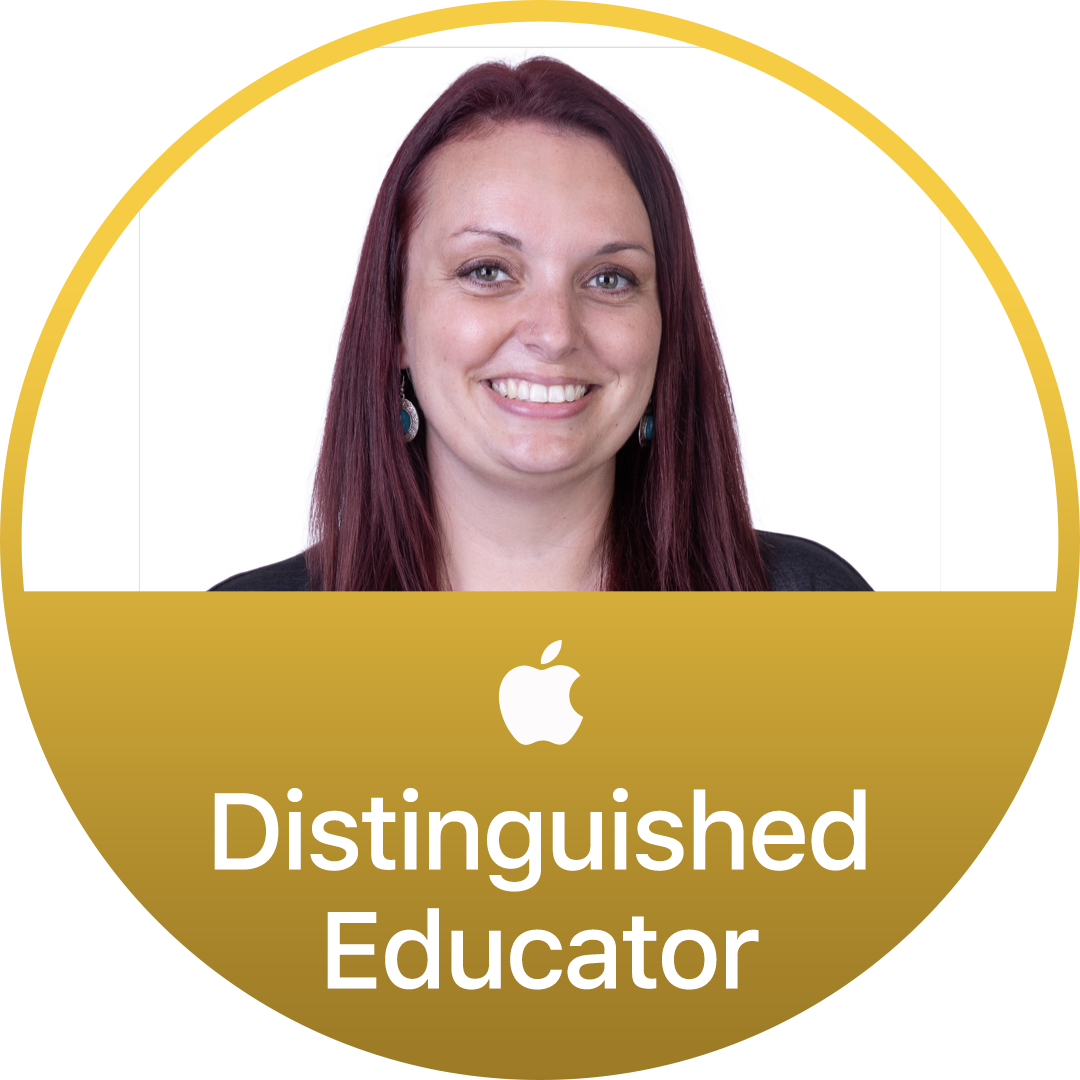|
Disclaimer: As I sit down to write this week's post, I will admit I am a little unsure of what I want to say. Usually when I begin writing things start to come, so I will start with some vague thoughts and see where we end up... The connections I am making right now (as usual) are with my students and their experiences in relation to what I have read this week. We are nearing the end of week 3 of online learning in Vietnam, due to the Coronavirus, and preparing for the likelihood of week 4. This is a new experience for us all and we are learning and adapting as we go. I am thinking about how this situation is SO "real world" for the students. Yes, they are only in grade 4, but they will need these skills their whole life. They need to know how to be researchers. They need to know how to find information. They need to be confident enough to adapt things to suit themselves, their limitations, and their situations. While we try to provide them opportunities for this, what is happening right now is a bit of a real test. There is a mix of success and areas for growth. And of course, we can all learn from these areas for growth. As Diana Laufenberg states in her TEDx Talk How to Learn? From Mistakes.  pxhere.com pxhere.com
What I am wondering is how much of an "active researcher" is being modeled to the students right now (and beyond this). If they were inside our classroom we could easily and instantly guide them to find things out for themselves and adapt what needs adapting. In a home learning situation it might be different. A lot of interactions can happen before they contact us for assistance. Maybe there is someone to help them, maybe not. Maybe they speak English, maybe not. Maybe they have experience teaching, maybe not. Maybe stress is caused, maybe it comes with a certain ease. We only see what (and when) they are emailing or posting to us.
My point is, whether it is impeded or not, students can and should be being taught these research skills from a young age. If anything, I am hearing this silent cry behind what is written in emails from caretakers, whether they know they are saying it or not. In today's day and age, I believe that everyone needs to be capable of finding things out on their own. Of being an inquirer. Of decoding instructions and making them relevant. While she was dealing with a different situation, Kath Murdoch put it better than I could in her latest blog post, Inquiry in the Mist - and Midst - of Troubling Times:
The "things" she speaks of are "the values of curiosity, wonder, open-mindedness, courage, open-heartedness, compassion, deep, critical thinking, exploration and agency." I see so much connection in this and understand what she means when she says that "our own bewilderment, anger and uncertainty have the potential to lead to helplessness, disconnection and even cynicism." Pieces of this are happening all around me at different times of the day and show themselves in different forms. I need to remember that people are going through a trying time right now. I need to remember that the "teacher" at home has many other duties to uphold. But I think they also need to remember that their child is amazing. Their child has the ability to do things on their own. Their child is flexible. Their child is a researcher and inquirer. With another connection, I leave you with a video entitled The Skill of Self Confidence by Dr. Ivan Joseph. My favourite sentance: "Pressure builds diamonds." Are you teaching for self-confidence? How do you know it is working? Has it been truly tested?
2 Comments
Brittany Marsh
2/25/2020 03:49:46 am
Hi, there:
Reply
Cindy Kaardal
2/25/2020 04:43:05 am
Hi Brittany,
Reply
Your comment will be posted after it is approved.
Leave a Reply. |
Cindy KaardalThis blog page is specifically for my COETAIL blog posts. Archives
April 2021
Categories
All
|


 RSS Feed
RSS Feed